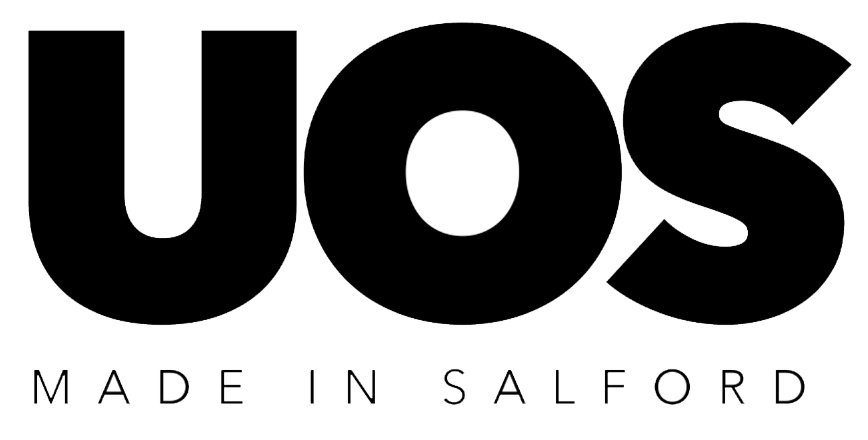Earlier this year, we welcomed applications for MR PORTER FUTURES, our very first mentorship programme. The goal? To find talented people with great ideas that deserve bigger audiences. It’s all part of our attempt to break down barriers, be more inclusive and improve access to the industry for those outside of the mainstream.
Fashion, after all, can be a tough place to succeed, and, if we’re being honest, isn’t quite as diverse as it could be. For all that it speaks to a global audience, the industry that drives it is largely centralised in just a handful of cities – historically New York, London, Milan and Paris – while talent is disproportionately drawn from a small number of high-profile schools.
We’re thrilled, then, that our three chosen designers, who were selected by an anonymous review process before being nominated by our mentor selection committee, represent such unique perspectives. Meet Mr Saif Ud Deen from Manchester, UK; Messrs Julian Canda and Ryan Edmonds of Oregon, US; and Ms Kat Tua, originally from Auckland, New Zealand, but now residing in Sydney, Australia.
Our applicants will now begin a year-long design programme to turn their ideas into reality. At the end of the year, they will debut their very own menswear collections exclusively on MR PORTER. Before embarking on this life-changing journey, though, they took a moment to sit down with us and share their story so far.
Mr Saif Ud Deen
Mr Saif Ud Deen was born and raised in Levenshulme, a district of south Manchester. He studied menswear design, and, at 23, he’s the youngest of the MR PORTER FUTURES candidates. A third-generation British Pakistani and practising Muslim, his designs are inspired by his local community and incorporate elements of streetwear and traditional Islamic attire. He describes his collection concept as “an autobiography of sorts, a culmination of my own experiences and how faith and fashion intertwine with the urban environment”.
You graduated from Salford University with a degree in Fashion Design in 2020. What inspired you to follow this path?
Growing up, fashion was a bit like football to me. It was something I was passionate about, not a potential career path. I went to a good school – a grammar school – and I guess I was always pushed down an academic route. But I just hated it, it wasn’t for me. My dad sat me down and said, “It’s clear you don’t want to do this.” It was only once he’d encouraged me to pursue my passion that I said, right: this is what I want to do.
Could you describe your own sense of style?
I take inspiration from what’s around me. Style in Manchester is really regional; Levenshulme, where I’m from, has its own distinctive look compared to other areas of the city. It’s just like in London, where people dress differently in Soho compared to, say, Tottenham or Willesden.
Your design concept integrates streetwear with elements of your religious heritage. Where did the inspiration for that come from?
Growing up, it’s just what we did. If you go to a mosque on a Friday, you’ll see a load of people my age wearing traditional Islamic dress, but they’ll throw a Stone Island jacket on top or wear it with a pair of Jordans. There’s a big trend among young Muslims of adapting their religious clothing into something that has a sense of individuality and that expresses their personal style.
There’s a strong functional element, too.
Fashion to me has always been functional. For example, when I was a kid, I’d often go straight from the mosque to playing football in the park. We’d just pull the dress up, tuck it into our trousers and play. It’s about wearing what you need to wear, but not letting it get in the way. That’s always been my way.
What was it like graduating during a global pandemic?
My class was showing at New York Fashion Week in February 2020; by the time we got back to the UK, Covid was everywhere. Our final collections were cancelled and the rest of the course went digital. All the manufacturing side of it was gone. We’d just visited China earlier in the year to buy fabric; I had 200 metres of fabric in my bedroom. It’s still there now.
That must have felt like a big setback.
It did at the time, but looking back it had its positives. I had so much more time to focus on developing my drawing skills, which really helped me with my application for MR PORTER FUTURES. So, in a way, I guess it worked out.
